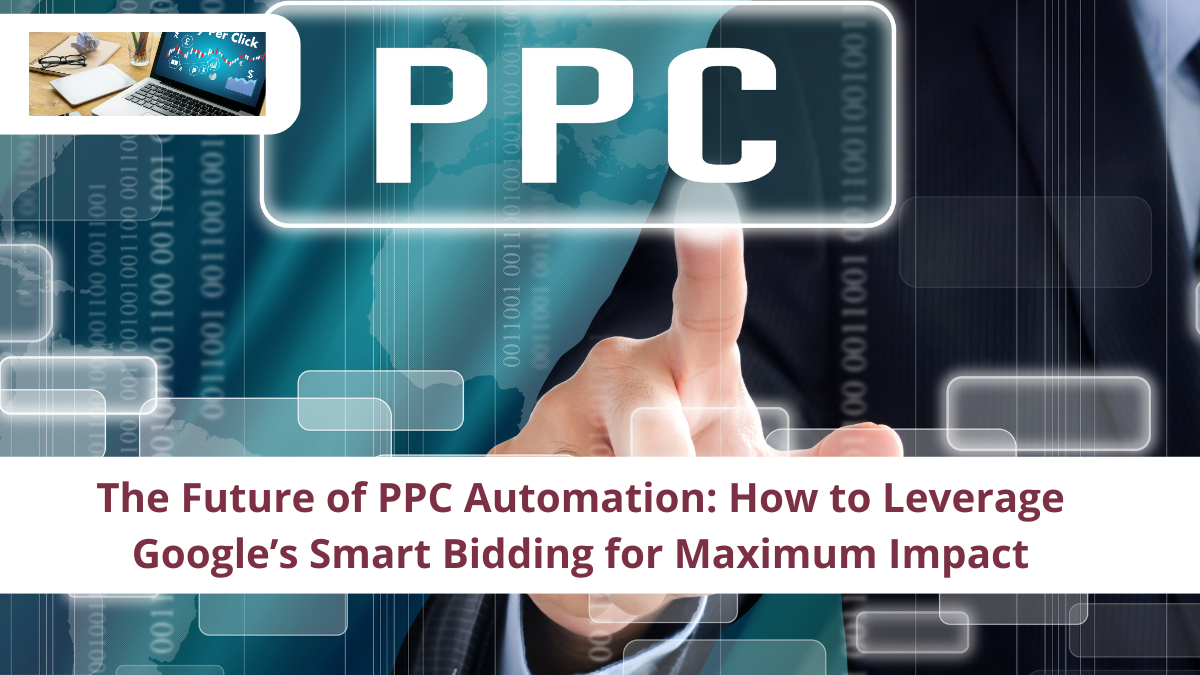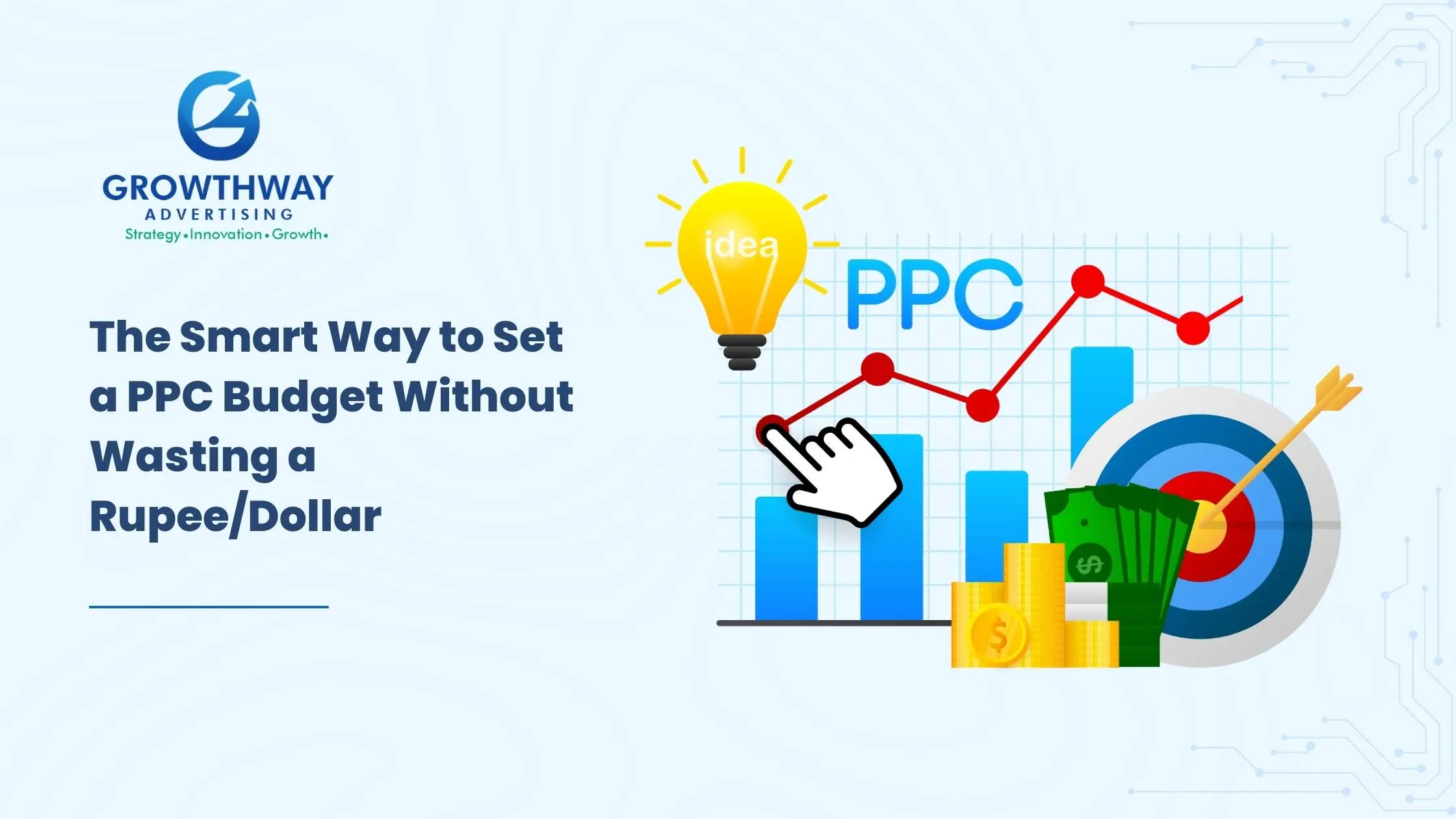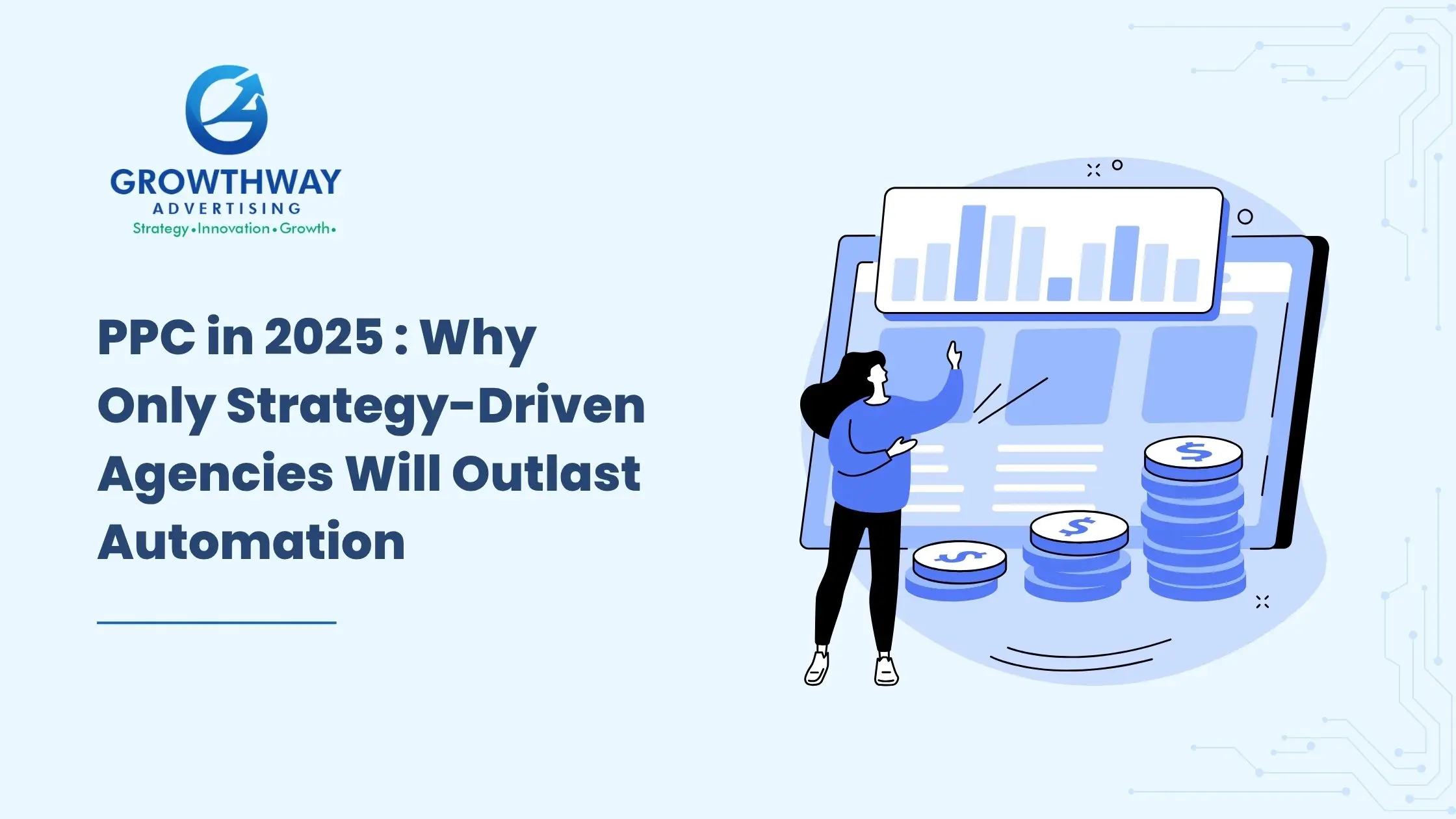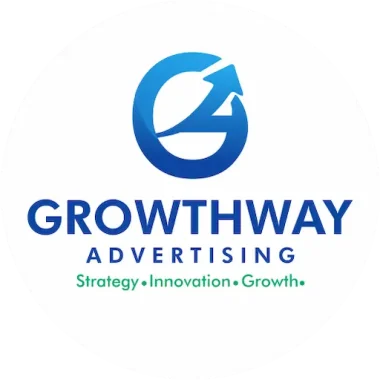Digital advertising space is changing at a fast pace and some of the most revolutionary changes include the emergence of PPC automation especially Smart Bidding by Google. With businesses striving towards maximizing ROI and reducing the amount of wasted advertising dollars spent, automation is no longer a luxury, but a necessity. Yet the fact is that not every person knows how to use the power of automation to the fullest and this level is very low. This blog does not only touch on some of the popular side of PPC automation but it also goes in and explores basically hidden opportunities that are missed by most ppc advertising companies.
Understanding Smart Bidding in Google Ads
Smart Bidding refers to a selection of automated bid strategy tools established through machine learning. It operates on a scale of billions of data points and contextual signals to allow real-time bid adjustment and allows advertisers to achieve their unique performance objectives such as conversions-only or a proportionate invest-to-get back (ROAS).
Core Smart Bidding strategies include:
- Target CPA (Cost Per Acquisition)
- Target ROAS (Return on Ad Spend)
- Maximize Conversions
- Maximize Conversion Value
- Enhanced CPC (Cost Per Click)
Such strategies are extremely powerful once applied right, but most businesses and even ppc company professionals will do nothing to establish the correct structure.
Preparing for Success with Smart Bidding
A ppc agency ought to maintain good campaign health before migrating to Smart Bidding. This includes:
- Clean conversion tracking setup
- Accurate attribution models
- Historical performance data (at least 30 conversions over 30 days for CPA)
- Consistent budget allocations
Smart Bidding will not be able to save a horribly optimized campaign. To be effective, the algorithm requires clean and trustworthy data.
The Rise of Automation Layering
Another tendency which is growing is the automation layering, i.e. an application of Smart Bidding and then supplementing it with another automated script or rules to control the campaign. To give an example, it is possible to pause poorly performing keywords with the help of custom scripts and trigger excessive CPA alerts to your team, so that even the automatic campaign can remain effective.
The hybrid model is perfect in case of ppc marketing services that need to strike a balance between control and scale.
Underused Features That Deliver High ROI
Although several brands use Smart Bidding, they fail to utilize the most potent and underrated features that can make the results much more significant.
1. Seasonality Adjustments
Smart Bidding changes according to the trends, but it is not fast enough to respond instantly to variables, such as holiday sales or new products. Google gives you the possibility to add seasonality adjustments that temporarily tell the algorithm about anticipated changes in conversion rate. This is an advantage which is priceless to pay per click advertising company campaigns when they are at their peak.
2. Value-Based Bidding
Value-based bidding gives you the ability to give different values to different conversions instead of trying to optimize the volume of conversions. In other words, a lead received in the area with a high income level may turn out to be more worthy than that received in the less prosperous area. When it is properly set up, Smart Bidding will make these leads priority to provide the maximum value to the business.
3. Smart Segmentation Custom Audiences
In addition to simple demographics, you can combine CRM, user interactions with their behavior, as well as third-party information to create custom audiences. Such segments are capable of being stacked into campaigns to enhance accurate targeting and intelligent bid manipulations.
4. BPA or Budget Pacing Automation
Budget pacing tools can enable the ppc services to evenly allocate ad spend throughout the month or can change dynamically each day, depending on performance. This does not cause spikes at the end of the month and limits wastage of the budget early on in the campaign.
AI-Enhanced Creative Testing: The Untapped Frontier
The majority of content on ppc automation is on bidding. Nevertheless, creative automation has yet been turned into a goldmine. Headlines, description and visual tests, conducted on Responsive Search Ads with the help of AI-powered tools, can dramatically enhance CTR and Quality Score.
Creative testing can be automated so that the algorithm will learn the best combinations per audience. The best ppc agency players are already starting to apply AI in their copywriting and design operations in order to remain on top.
Cross-Platform Automation Strategies
Too many marketers consider Google Ads on its own. However, when effective combination with cross-platform insights is added, Smart Bidding can be even more helpful. Well-performing keywords in Google Search can be replicated in Microsoft Ads, and the best segments of the audience can set the direction in Facebook or LinkedIn when targeting.
By combining the data on various platforms ppc company teams can make improved strategic decisions and also optimize the conversion paths across touch points.
Predictive Modeling and Performance Forecasting
Real-time signals are already attached to Google Smart Bidding, however, integrating it with third-party predictive analytics platforms may make your method even more precise. Predictive modelling is useful in predicting:
- Future CPA or ROAS based on market trends
- Conversion probability by audience segment
- Optimal ad scheduling times
The overlay of predictive modeling will allow ppc agency professionals to stop using reactive approaches to their work.
Fraud Prevention and Traffic Quality Scoring
The Click fraud issue is still eminent. In spite of the protection provided by Google, smart ppc advertising companies deploy fraud-detecting gadgets to review IPs, bounce rates, sessions and click rates.
This information can be used to make your Smart Bidding campaigns practical in terms of pausing the unproductive traffic sources and bid adjustments on more high-intent audiences.
The Role of First-Party Data in Smart Bidding
In the industry standard of third party cookies fading away, it has given way to first party data to cash in digital advertisements. Smart Bidding has the ability to consume signals like CRM systems, customer match lists, and behavior data on the web to be used in improving targeting.
As an example, you can simply upload the list of previous purchasers to help Smart Bidding focus on the lookalikes audiences with higher chances of purchasing. This gives an advantage to ppc marketing services with regard to personalization.
Leveraging IF-THEN Logic with Rule Engines
In Smart Bidding, most of the digging is already done, but Google Rule Engine permits advertisers to define tailor-made rules that are used to act under a specific set of circumstances. For instance:
- IF CPA > 25% of target, THEN pause keyword
- IF conversions > 100/day, THEN increase daily budget by 10%
Such automation-layering provides ppc services teams with more sophisticated control instead of allowing Google machine learning to take advantage of it.
Multi-Location and Multi-Language Automation
In case of companies that have global presence or more than two locations, businesses can scale Smart Bidding by mixing geo-specific rules and multi-language ad sets. Any ppc firm that is multi-regional can also be upgraded in relevance, Quality Score and local conversion rates through geo-segmentation and localized bidding strategies.
Conclusion-less Outlook: What’s Next?
The future of PPC automation does not lie in managing bids, but in the end-to-end (across creatives, audiences, platforms and customer intelligence), AI-enhanced strategy. As devices and tools, such as Smart Bidding, evolve in the future, the smartest ppc agency will be the one that does more than automation, it will also innovate.
With the adoption of less frequent tools such as value-based bidding, fraud prevention, and predictive modelling and integrating them with innovative AI and CRM capability, the current advertisers can outsmart old-school ppc advertising businesses.
There can be little doubt that, to grow their companies effectively and achieve improved results, businesses will tend to invest in cooperation with the most suitable ppc agency that would be willing to adopt these more developed approaches.
FAQ’s
Smart Bidding uses AI to adjust bids in real time based on conversion likelihood. Unlike manual bidding, it reacts to user signals like location and device to improve results automatically in your ppc campaigns.
Yes, small businesses can benefit if they have enough conversion data. With proper setup, even a smaller ppc agency can use Smart Bidding to improve ROI.
Yes. Use Seasonality Adjustments to inform the system of expected changes. This ensures your pay per click advertising company campaigns stay competitive.
Not directly. But learnings from Google Ads can guide campaigns on other platforms. Many best ppc agency teams use cross-channel insights this way.
Many see 20–50% better CPA or ROAS within weeks. With clean data and smart layering, ppc company performance improves fast.








